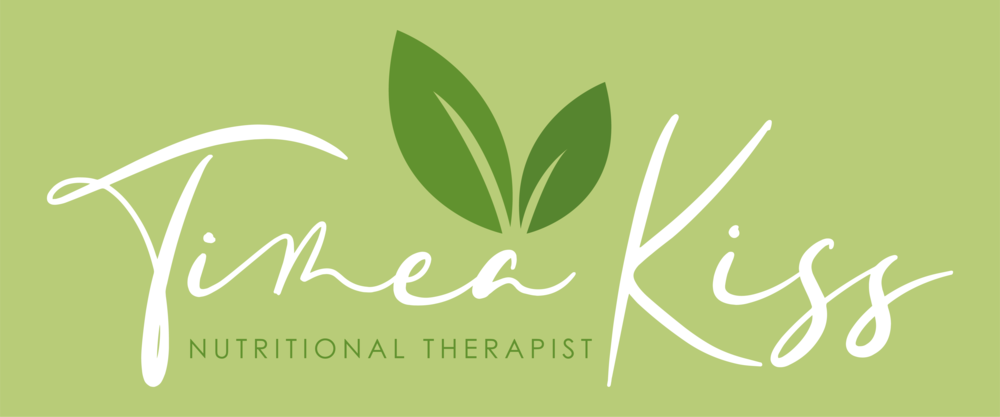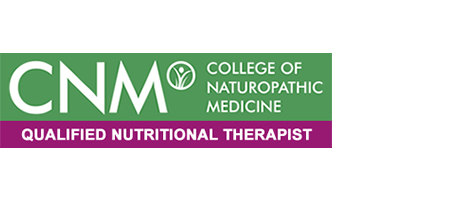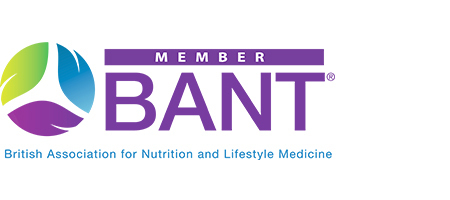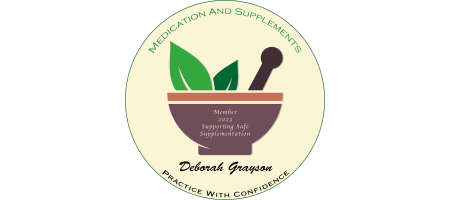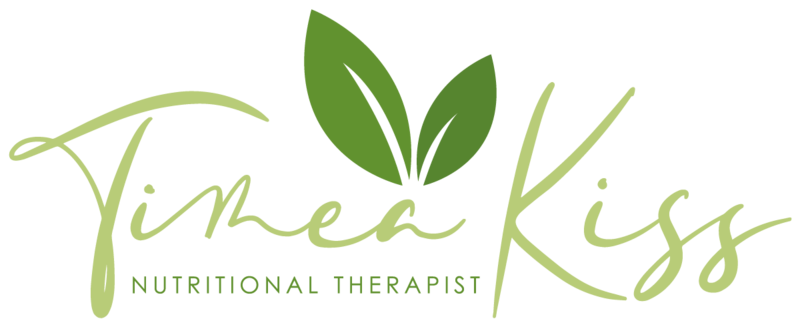Bask in the Glow: 10 Reasons to Embrace Early Morning Sunlight

posted 21st February 2024

Rise and shine, folks! It's time to talk about the magic that happens when you greet the sun with open arms each morning.
Sure, we've all heard about the importance of sunscreen and avoiding those scorching midday rays, but what about the gentle, golden light of dawn?
Turns out, there's a treasure trove of benefits waiting for those who dare to catch the worm.
Let's dive in and uncover why early morning sun exposure is the ultimate power-up for both body and mind.
1. Melatonin Management: Ever wonder why you feel groggy even after a full night's sleep?
Blame it on melatonin, the hormone responsible for regulating your sleep-wake cycle.
Early morning sunlight helps kickstart production of this sleep-inducing hormone, ensuring you're ready to seize the day.
2. Mitochondrial Marvels: Mitochondria are the powerhouse of your cells, responsible for producing energy to fuel your body's functions.
Sunlight exposure has been linked to improved mitochondrial function, meaning you'll have more pep in your step to tackle whatever the day throws your way.
3. Mood Booster: Feeling a bit blue? Step outside and let the sun work its magic.
Sunlight triggers the release of serotonin, the feel-good neurotransmitter that helps lift your spirits and ward off those pesky bouts of sadness.
4. Depression Defence: Speaking of mood, regular sun exposure has been shown to reduce the risk of depression and alleviate symptoms in those already struggling with the condition.
Soak up those rays and let the sunshine be your shield against the darkness.
5. Appetite Regulation: Ever notice how your appetite seems to fluctuate with the seasons?
Sunlight plays a role in regulating hunger hormones, helping you maintain a healthy appetite and resist the urge to devour that entire bag of chips.
6. Sleep Sanctuary: Struggling to catch those Z's? Look no further than your morning stroll.
Exposure to natural light helps regulate your internal clock, making it easier to fall asleep at night and wake up feeling refreshed come morning.
7. Immune System Support: Your body's defence system gets a boost from the sun, too.
Vitamin D, often referred to as the "sunshine vitamin," plays a crucial role in immune function, helping your body fend off illness and stay fighting fit.
However, the link between the early morning sun exposure and immune health is primarily linked to better sleep quality which has been scientifically proven to improve immune function.
8. Mental Health Maintenance: Stressful day ahead? Take a moment to soak in the sunrise.
Sunlight exposure has been linked to reduced stress levels and improved overall mental well-being, giving you the resilience you need to tackle whatever challenges come your way.
9. Circadian Rhythm Regulation: Your body operates on its own internal clock, known as the circadian rhythm.
Early morning sunlight helps keep this rhythm in check, ensuring your body knows when it's time to rise and shine, and when it's time to wind down for the night.
10. Stress Reduction: Last but certainly not least, let's talk about stress.
Sunlight exposure triggers the release of endorphins, those feel-good chemicals that help you relax and unwind.
So next time you're feeling frazzled, step outside and let the sun work its magic.
In conclusion, early morning sun exposure isn't just a pleasant way to start your day—it's a vital component of a healthy lifestyle.
From regulating sleep and mood to boosting immunity and reducing stress, the benefits are truly boundless.
So set your alarm a little earlier, throw open those curtains (and window - through the window glass you won't get the full spectrum of sunlight!) , and let the sunshine in.
Your body and mind will thank you for it.
References:
Harvard Health Publishing. (2019). Exposure to sunlight: Vitamin D deficiency in adults. https://www.health.harvard.edu/diseases-and-conditions/exposure-to-sunlight-vitamin-d-deficiency-in-adults
LeGates, T. A., & Altimus, C. M. (2012). Photoentrainment of the Mammalian Circadian System. Journal of Biological Rhythms, 27(2), 89–97. https://doi.org/10.1177/0748730411431149
Reid, M. B. (2016). Redox Interventions to Increase Exercise Performance. Journal of Physiology, 594(18), 5125–5133. https://doi.org/10.1113/jp270661

